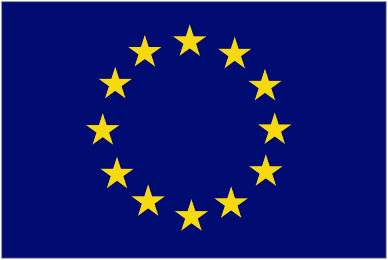Commission opens in-depth inquiry into alleged aid to German pharmaceutical companies in financial difficulties
 Uit het persbericht: The European Commission has opened an in-depth investigation to verify whether a German scheme, granting companies in financial difficulties exemptions from rebates that pharmaceutical companies are obliged to offer to German public sickness funds and private health insurers, is in line with EU state aid rules. The opening of an in-depth investigation gives interested third parties an opportunity to comment on the scheme under assessment. It does not prejudge the outcome of the investigation.
Uit het persbericht: The European Commission has opened an in-depth investigation to verify whether a German scheme, granting companies in financial difficulties exemptions from rebates that pharmaceutical companies are obliged to offer to German public sickness funds and private health insurers, is in line with EU state aid rules. The opening of an in-depth investigation gives interested third parties an opportunity to comment on the scheme under assessment. It does not prejudge the outcome of the investigation.
Based on Council Directive 89/105/EEC which allows Member States to impose a price freeze on medicinal products, Germany introduced an obligatory manufacturer's rebate of 16% to be granted by producers of certain prescription medicines to public sickness funds and private health insurers between 1 August 2010 and 31 December 2013.
The Directive allows pharmaceutical companies to apply for derogations from such price freezes, if this is justified by "particular reasons". After a complaint by a German pharmaceutical company, the Commission opened an investigation on a German law that provides derogations from the mandatory rebate if it would jeopardise a company's financial standing. On this basis a number of derogations have been granted by the federal authority in charge.
At this stage, the Commission considers that these derogations involve state aid, as the exemptions from the rebate have an impact on state resources. They increase the costs of the public sickness funds that receive their means mainly from a central health fund which is partly financed through tax subsidies. Moreover, although the possibility for derogations from price freezes is foreseen in the Directive, the legal basis for the exemptions is a German law and they are granted on a case-by-case basis by a German authority. The notion of "particular reasons" leaves significant discretion to Member States.
Due to the definition of 'particular reasons' under German law, it is very likely that all beneficiaries concerned are firms in financial difficulty. State aid granted to companies in difficulty needs to comply with common criteria set out in the EU guidelines for rescuing and restructuring companies in financial difficulty (R&R guidelines, see MEMO/04/172). These criteria are aimed at avoiding that ailing companies are kept artificially alive with public subsidies to the detriment of more efficient competitors. At this stage, the Commission has doubts that the German measure complies with the R&R guidelines, because the aid is neither limited in time nor granted on the basis of a restructuring plan.
Background
The non-confidential version of the decision will be made available under the case number SA.34881 in the State Aid Register on the DG Competition website once any confidentiality issues have been resolved. New publications of state aid decisions on the internet and in the Official Journal are listed in the State Aid Weekly e-News.















